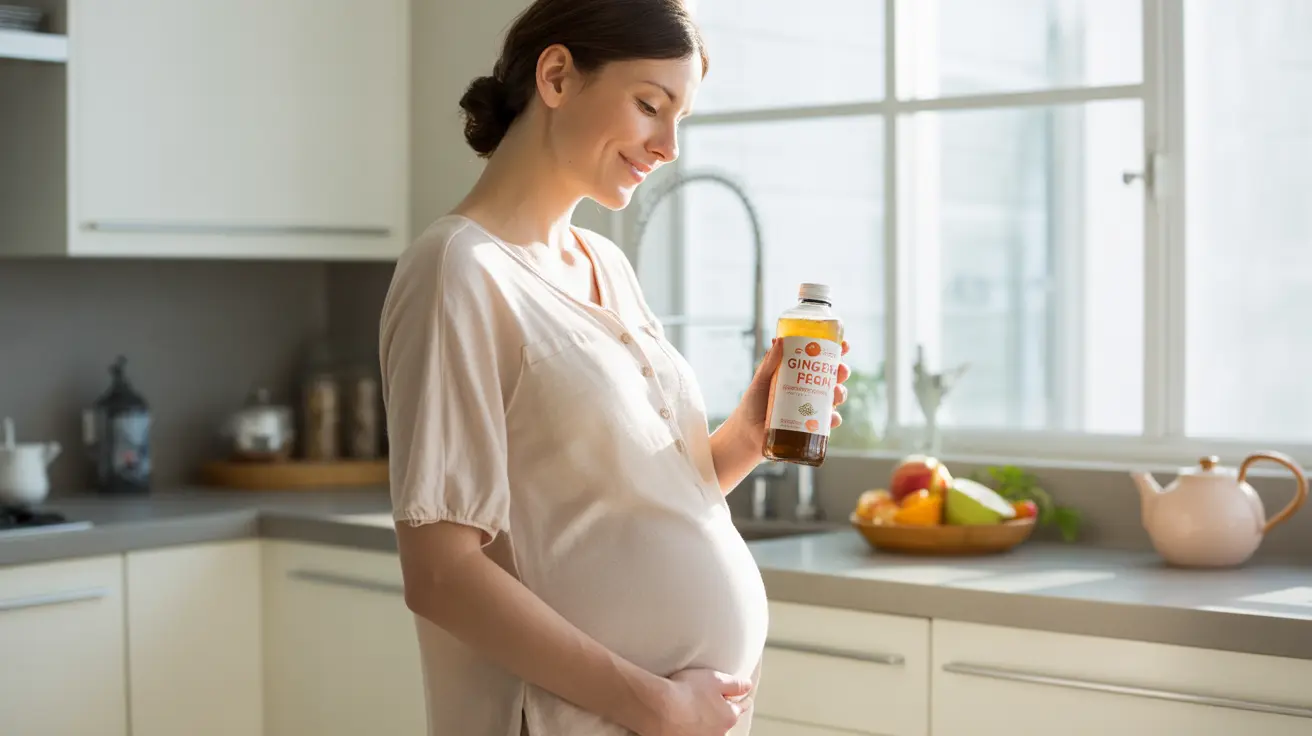Pregnancy brings countless questions about food and drink safety, and kombucha – the trendy fermented tea beverage – is no exception. As expectant mothers navigate their dietary choices, understanding the potential risks and benefits of kombucha consumption during pregnancy becomes crucial for making informed decisions about their health and their baby's well-being.
In this comprehensive guide, we'll explore the safety considerations of drinking kombucha while pregnant, examine potential risks, and discuss safer alternatives for those nine special months.
Understanding Kombucha and Pregnancy Concerns
Kombucha is a fermented tea beverage made by combining sweet tea with a SCOBY (Symbiotic Culture of Bacteria and Yeast). During fermentation, this process creates several compounds that raise concerns during pregnancy:
- Small amounts of alcohol (typically 0.5% to 3%)
- Caffeine from the tea base
- Live bacteria and yeasts
- Organic acids
Safety Considerations for Pregnant Women
Alcohol Content Risks
Even though kombucha contains minimal alcohol, healthcare providers generally recommend avoiding all alcoholic beverages during pregnancy. The fermentation process continuously produces alcohol, making levels unpredictable, especially in homemade versions.
Caffeine Concerns
Pregnant women should limit caffeine intake to 200mg daily. While kombucha contains less caffeine than regular tea, it still contributes to daily caffeine consumption and should be factored into this limit.
Unpasteurized vs. Pasteurized Products
Commercial, pasteurized kombucha offers more safety assurance than unpasteurized or homemade varieties. However, pasteurization eliminates many of the proposed probiotic benefits that attract people to kombucha in the first place.
Potential Risks During Pregnancy
Several factors make kombucha potentially risky during pregnancy:
- Risk of bacterial contamination in unpasteurized versions
- Unpredictable alcohol content, especially in homemade brews
- Possible exposure to harmful bacteria if not properly prepared
- Variable acidity levels that could cause digestive discomfort
Safer Alternatives to Kombucha
For pregnant women seeking similar benefits, several safer alternatives exist:
- Pasteurized probiotic yogurt
- Kefir (pasteurized varieties)
- Refrigerated sauerkraut
- Pregnancy-safe herbal teas
- Sparkling water with fruit infusions
Frequently Asked Questions
Is it safe to drink kombucha while pregnant?
Healthcare providers generally recommend avoiding or limiting kombucha during pregnancy due to concerns about alcohol content, caffeine, and potential contamination risks. If consumed, stick to commercial, pasteurized varieties in moderation.
What are the risks of drinking kombucha during pregnancy?
The main risks include exposure to unpredictable alcohol levels, potentially harmful bacteria in unpasteurized versions, and caffeine content. These factors could potentially affect fetal development or pose food safety risks.
Can the alcohol and caffeine in kombucha harm my pregnancy?
While the amounts are typically small, both alcohol and caffeine in kombucha can contribute to daily intake limits. No amount of alcohol is considered completely safe during pregnancy, and caffeine should be limited to 200mg daily.
Should pregnant women avoid homemade or unpasteurized kombucha?
Yes, pregnant women should avoid homemade and unpasteurized kombucha due to the increased risk of contamination and unpredictable alcohol content. If choosing to drink kombucha, commercial pasteurized versions offer better safety assurance.
Are there safer alternatives to kombucha for pregnant women?
Yes, safer alternatives include pasteurized probiotic yogurt, pasteurized kefir, pregnancy-safe herbal teas, and fruit-infused sparkling water. These options can provide similar refreshment without the potential risks of kombucha.
Remember to always consult with your healthcare provider about specific dietary choices during pregnancy, as individual circumstances may affect what's safe for you and your baby.




